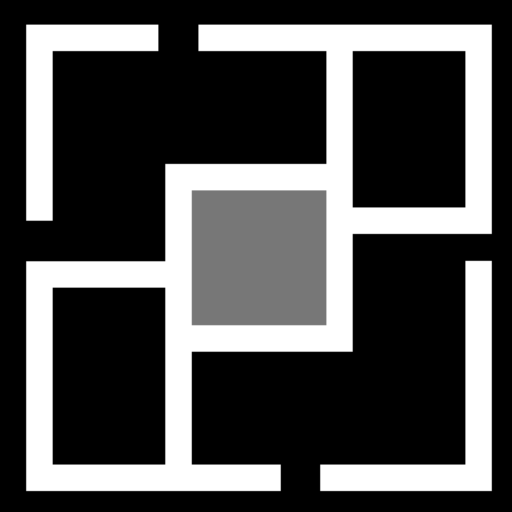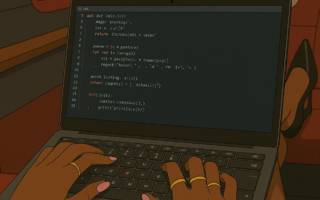1. Variable
Think of it like a designer bag for your data. You name it, you put something inside, and boom—you carry it around the program.
lipstick = "Red YSL"
2. Function
Reusable blocks of code. Like a really good blowout—do it once, and it lasts everywhere.
def slay_day(outfit):
print(f"You are SLAYING in that {outfit}!")
3. List
A whole bunch of things in one cute, bracketed package.
errands = ["nails", "Trader Joe’s", "buy oat milk", "avoid Chad"]
4. Dictionary
A little more high-maintenance. Keys and values. Like a contact list with tea.
ex_boyfriends = {"Chad": "emotionally unavailable", "Liam": "crypto bro"}
5. Loop
Doing something again and again—like your poor dating choices.
for task in errands:
print("Doing:", task)
6. If Statement
Decisions, babe. Conditional logic. The difference between texting back or ghosting.
if outfit == "sweats":
print("Homebody energy")
else:
print("Main character energy")
7. Class
Not “how you carry yourself” (though important), but how you define your own objects in code. Like… creating your own designer label.
class Sister:
def __init__(self, name, vibe):
self.name = name
self.vibe = vibe
you = Sister("Kid Sis", "trying to learn Python for real 🫶")
Now. Before you get any big ideas about building apps with agents that builds more agents on command, remember, baby steps.


